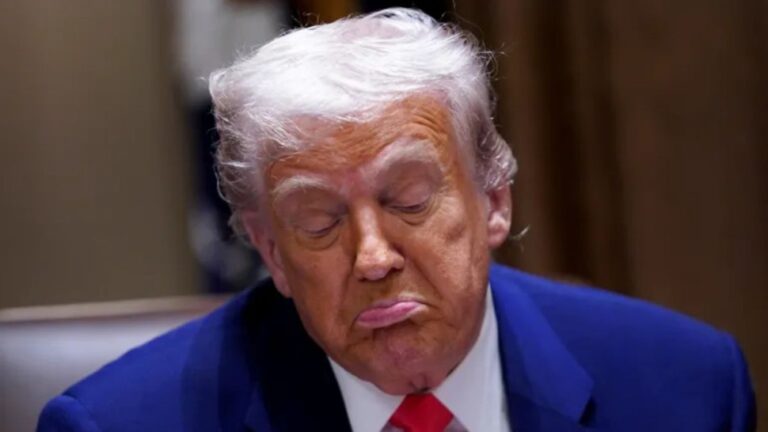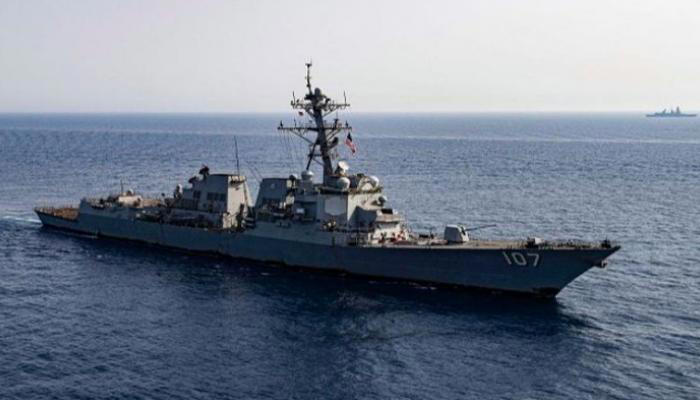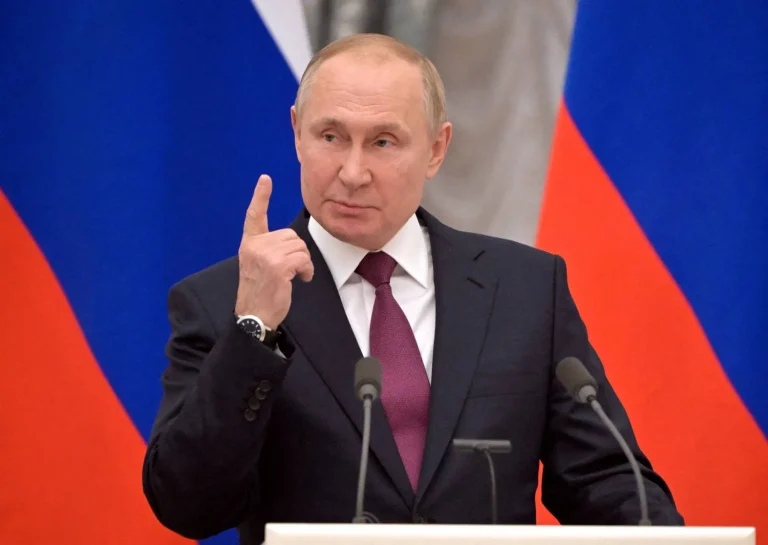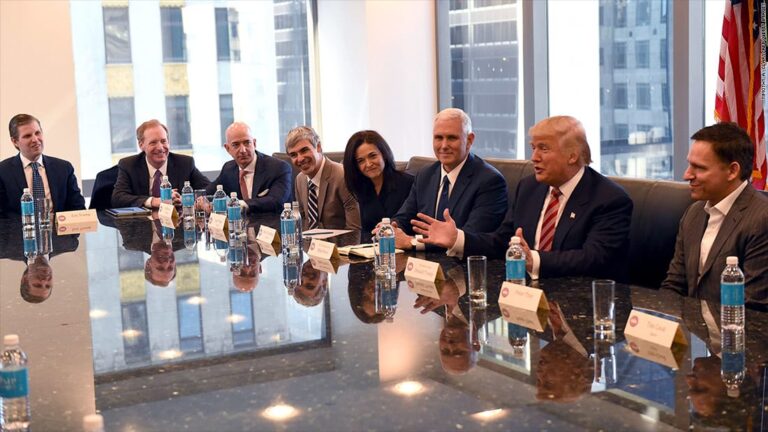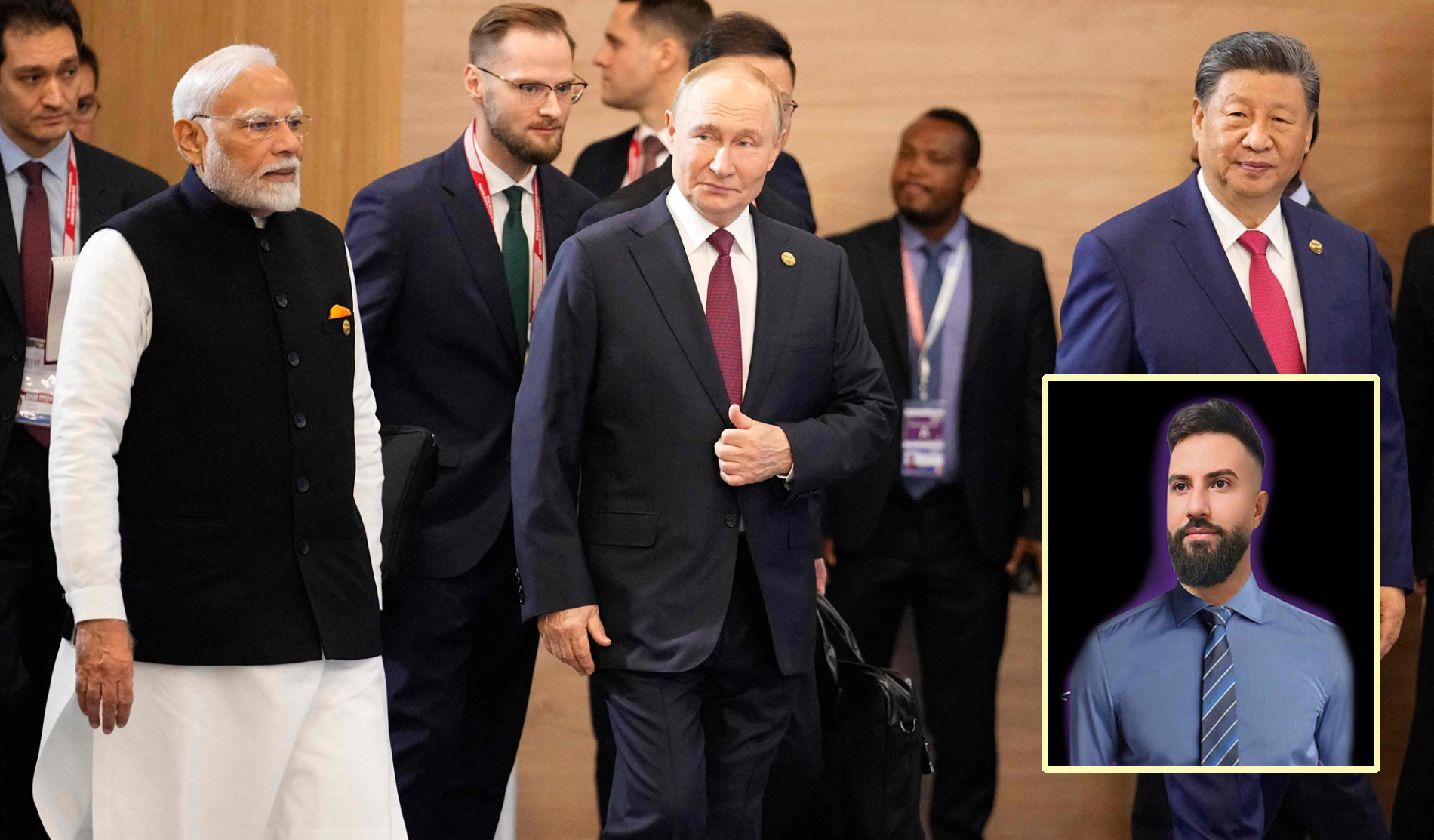
Russian President Vladimir Putin has declared his commitment to building a “multipolar world order” during a four-day state visit to China—an announcement that underscores a profound shift in global politics. The war in Ukraine marked a watershed moment in modern history. Yet it did not unfold in the way former U.S. President Joe Biden, his administration, and several European leaders had anticipated. Washington had wagered that draining Russia militarily and economically would weaken Moscow and drive Kyiv deeper into NATO’s orbit. Instead, the opposite occurred: Russia was not isolated, but rather became central to new alliances, while the idea of a multipolar world grew stronger amid the absence of coherent American strategy. The old assumption—that the world would simply follow Washington’s lead—is no longer valid in Asia, the Arab world, or even parts of the Americas. The U.S. miscalculated the war’s consequences. Far from crippling Russia, Western sanctions deepened its reliance on China and India, while encouraging Moscow to forge stronger ties with other powers seeking greater autonomy. This has emboldened both Moscow and Beijing to declare that the unipolar era is over, and that the world will never return to the pre-February 2022 status quo. Asia has since emerged as the true arena of global transformation. China is consolidating its economic and political influence worldwide, and India—though careful to balance relations with both the West and Russia—has shown it will not be reduced to a mere instrument of U.S. policy. Together, these shifts have created a new center of gravity moving steadily away from the Atlantic. Europe, by contrast, finds itself trapped. While it has closely aligned with Washington on sanctions and foreign policy, it is paying the heaviest economic price through energy crises and rising costs. This dependence has sparked growing debate across the continent about its loss of sovereignty and its role as a follower rather than an independent actor. At the same time, emerging regional powers such as Brazil, Turkey, the UAE, and Saudi Arabia are turning with increasing seriousness to alternative platforms like BRICS. For them, these new alliances offer opportunities to pursue national interests free from U.S. dictates and Europe’s double standards. When events fail to serve Western interests, they respond with outrage and punitive measures; but when circumstances align with their goals—even in violation of international law—they look the other way. Such practices, once effective, now face mounting resistance. This openness to new alignments reflects a growing recognition that the global balance of power is shifting. Joining in the creation of a new order is increasingly seen as more beneficial than remaining under the American umbrella. Today, it is clear that the international system is moving steadily toward multipolarity. The United States can no longer impose its will as it did in the 1990s; isolation now threatens Washington and its European partners more than it does Russia or China. The transformation is not yet complete, but it has become an undeniable reality: trade conducted in local currencies, alternatives to the World Bank and IMF, and new political and security networks. All point to a historic turning point—one in which the fate of humanity is no longer determined solely in the White House.

